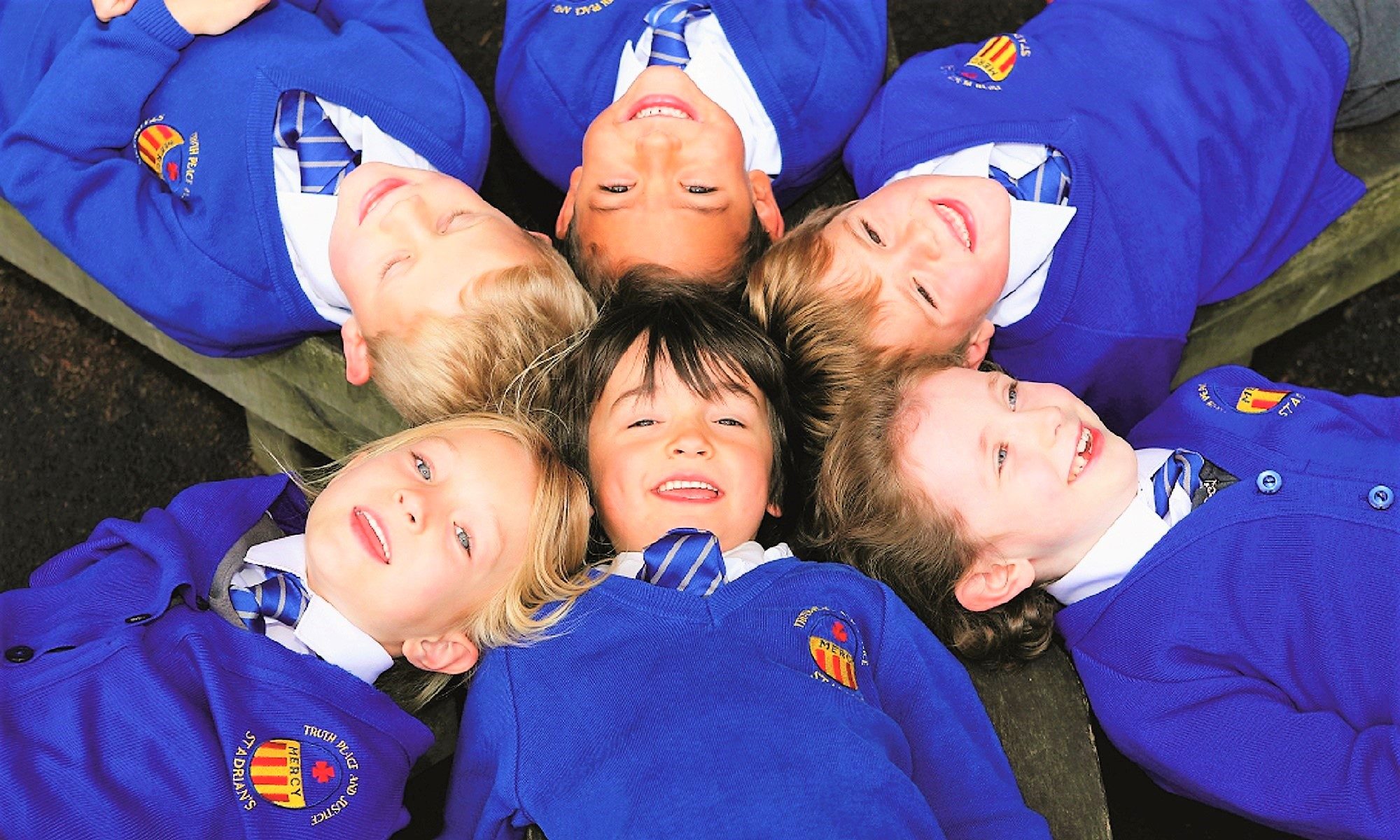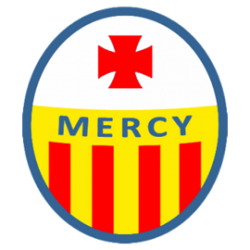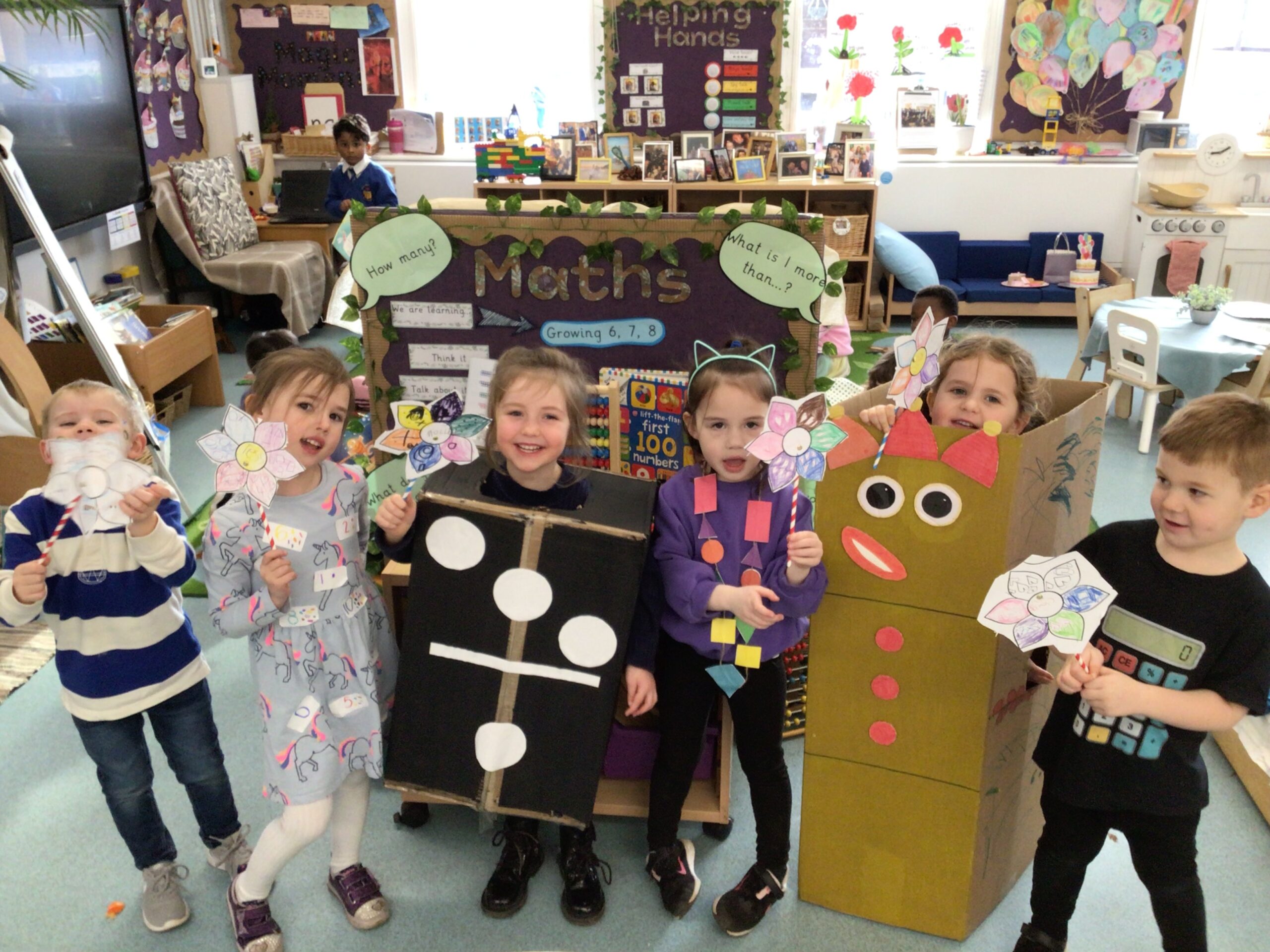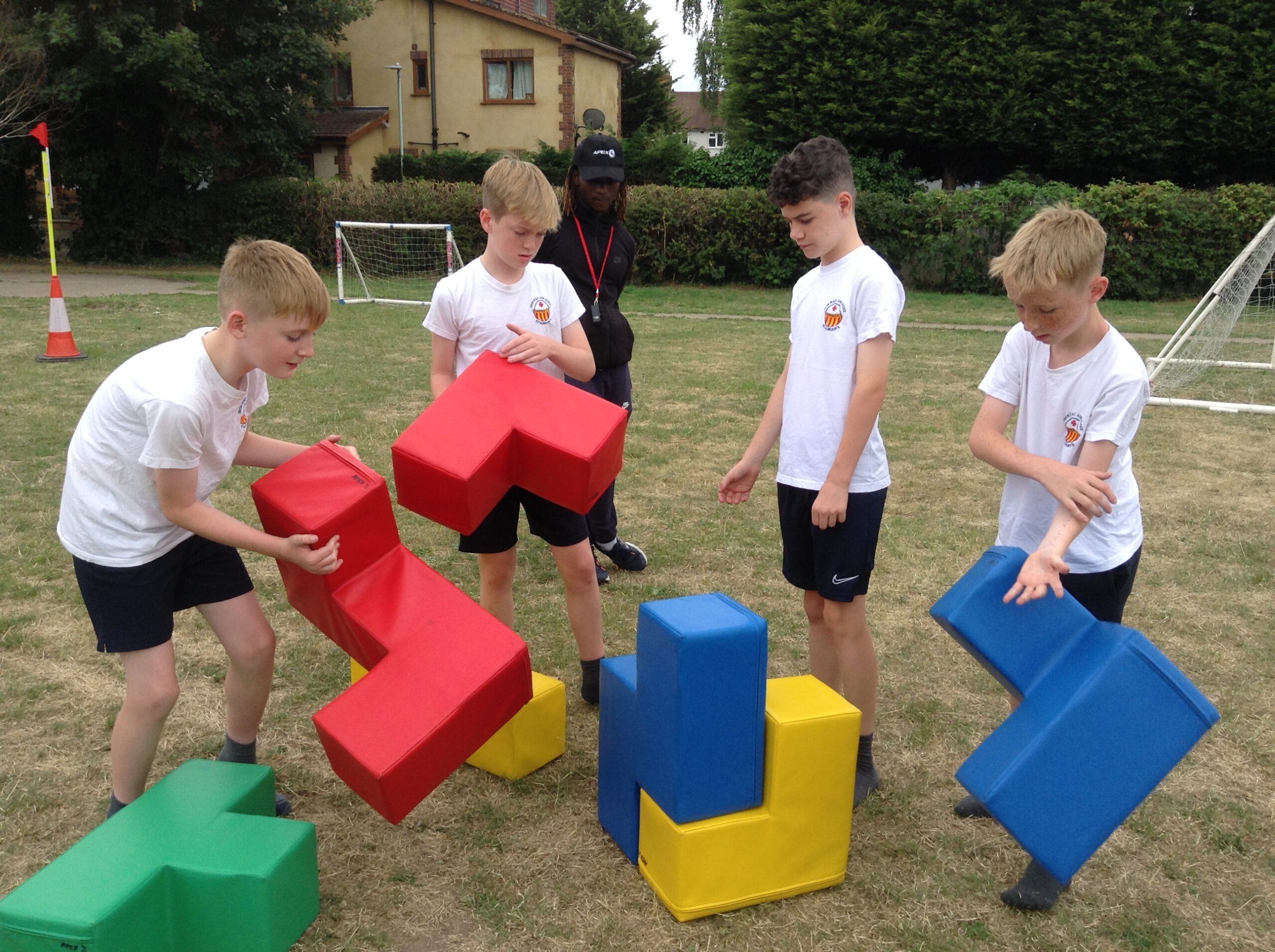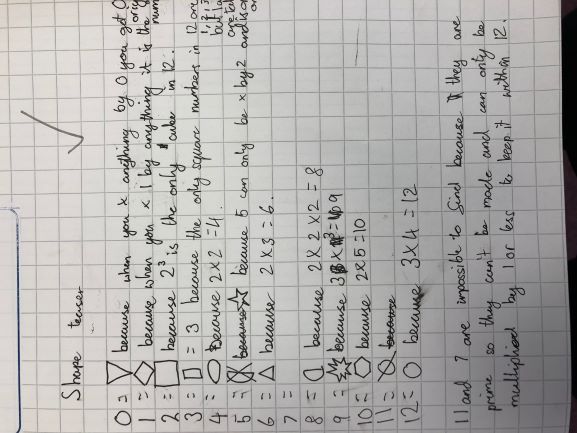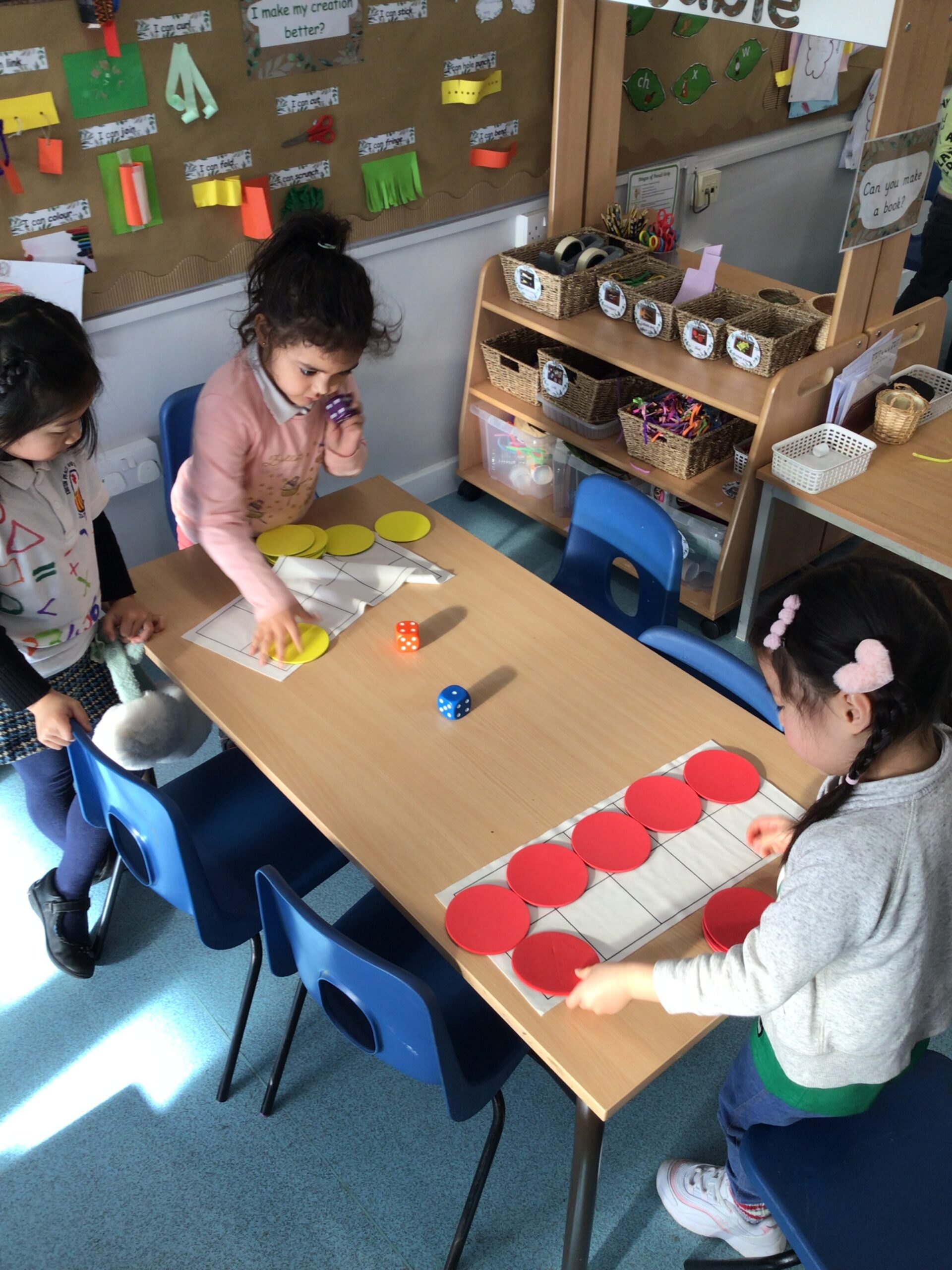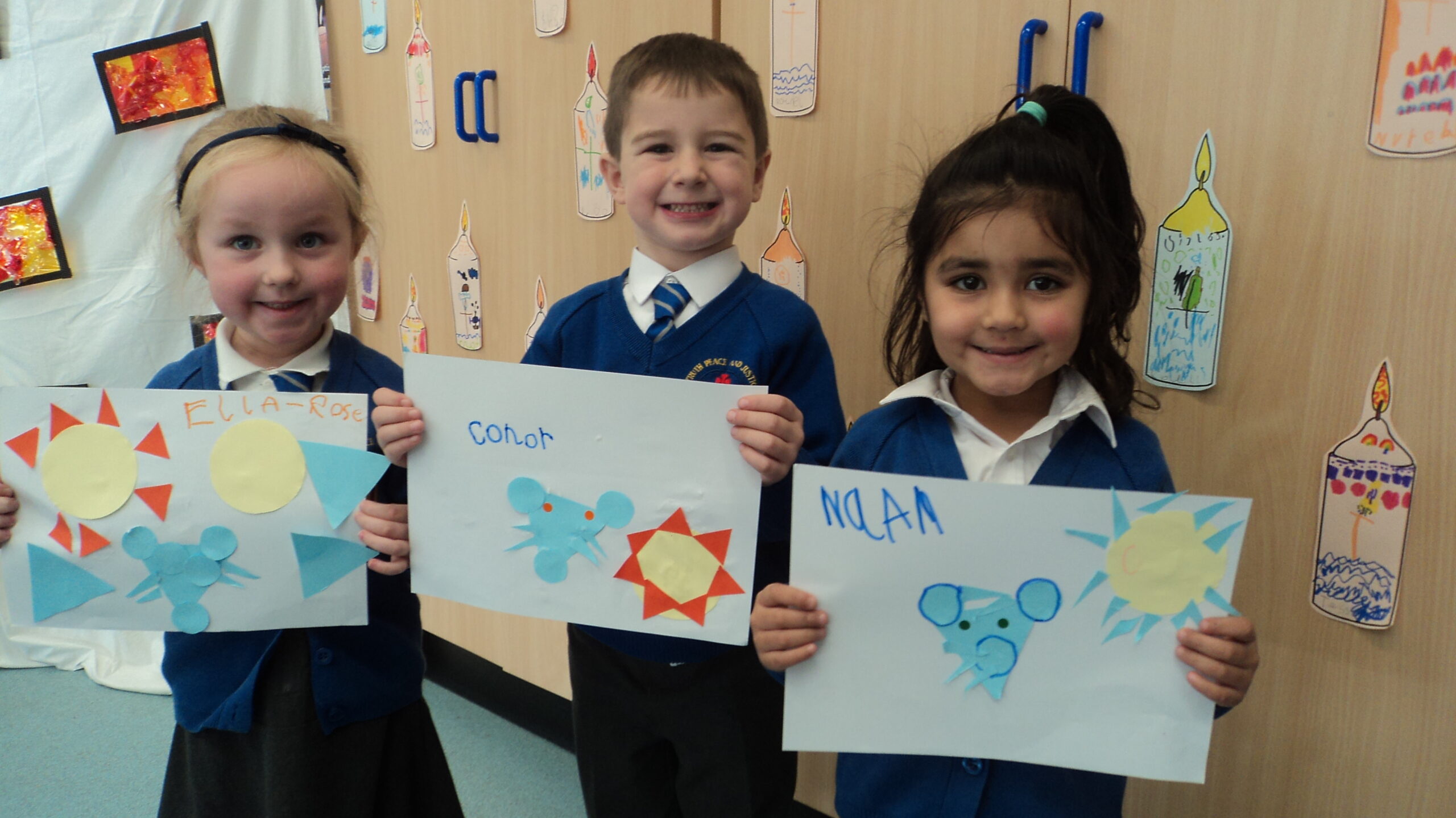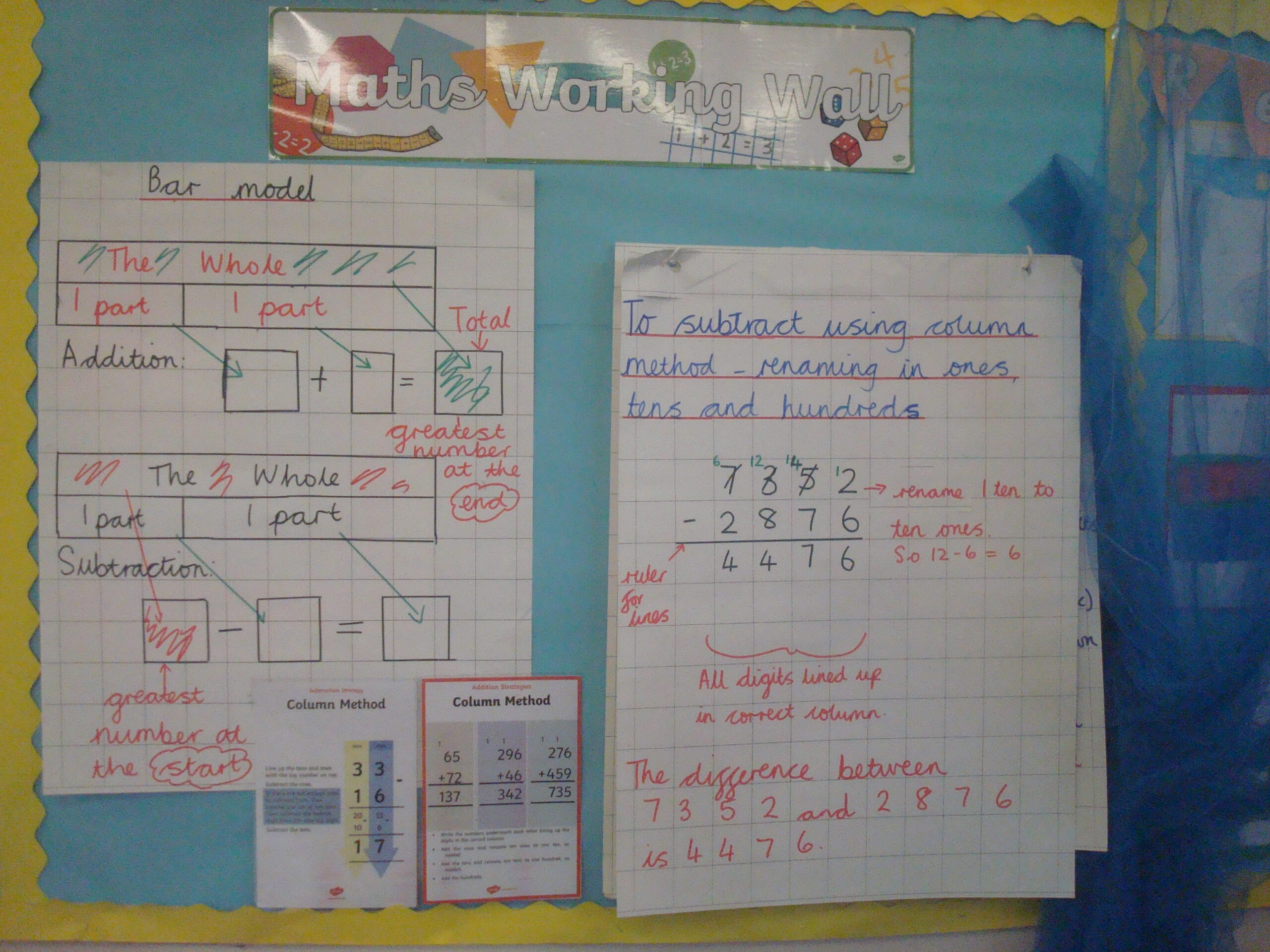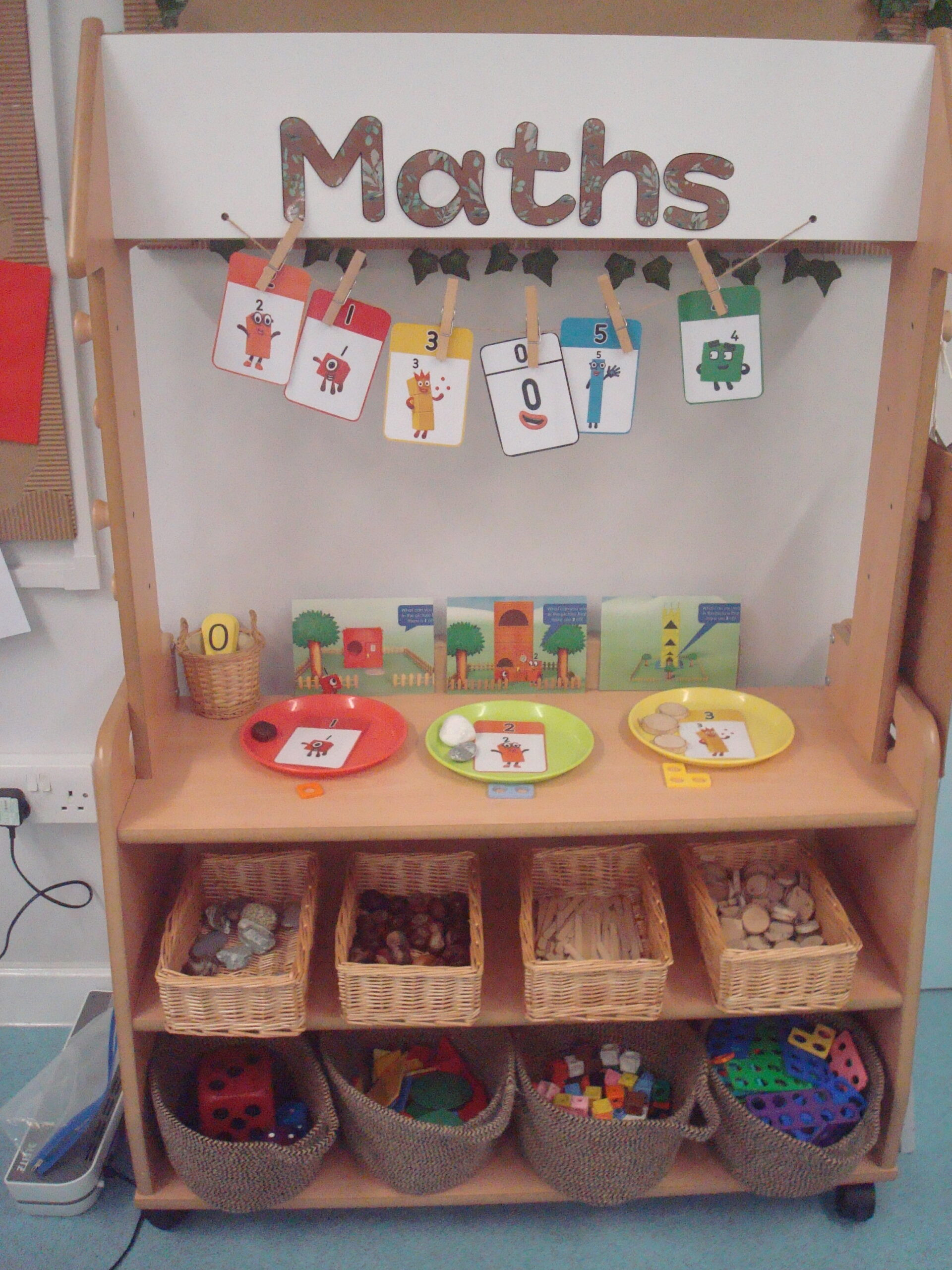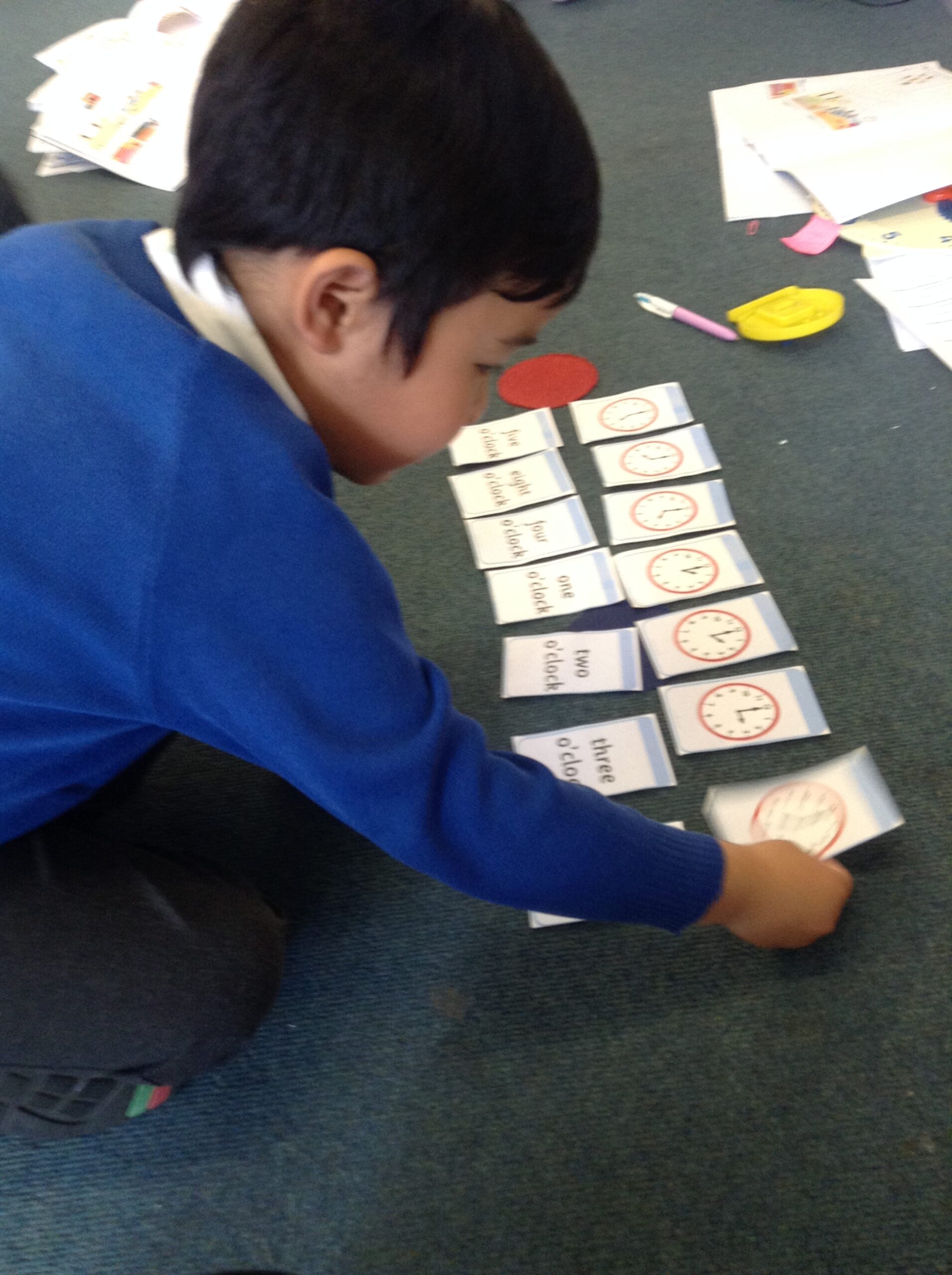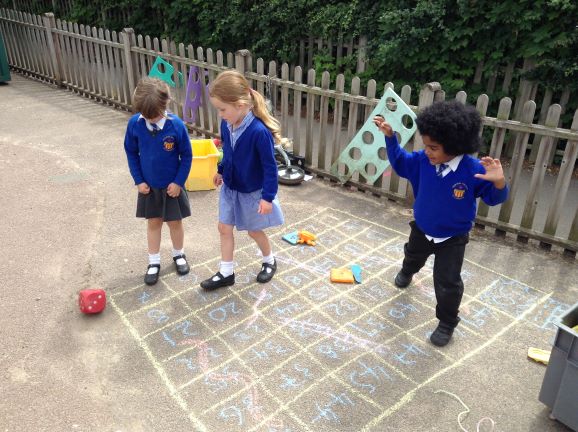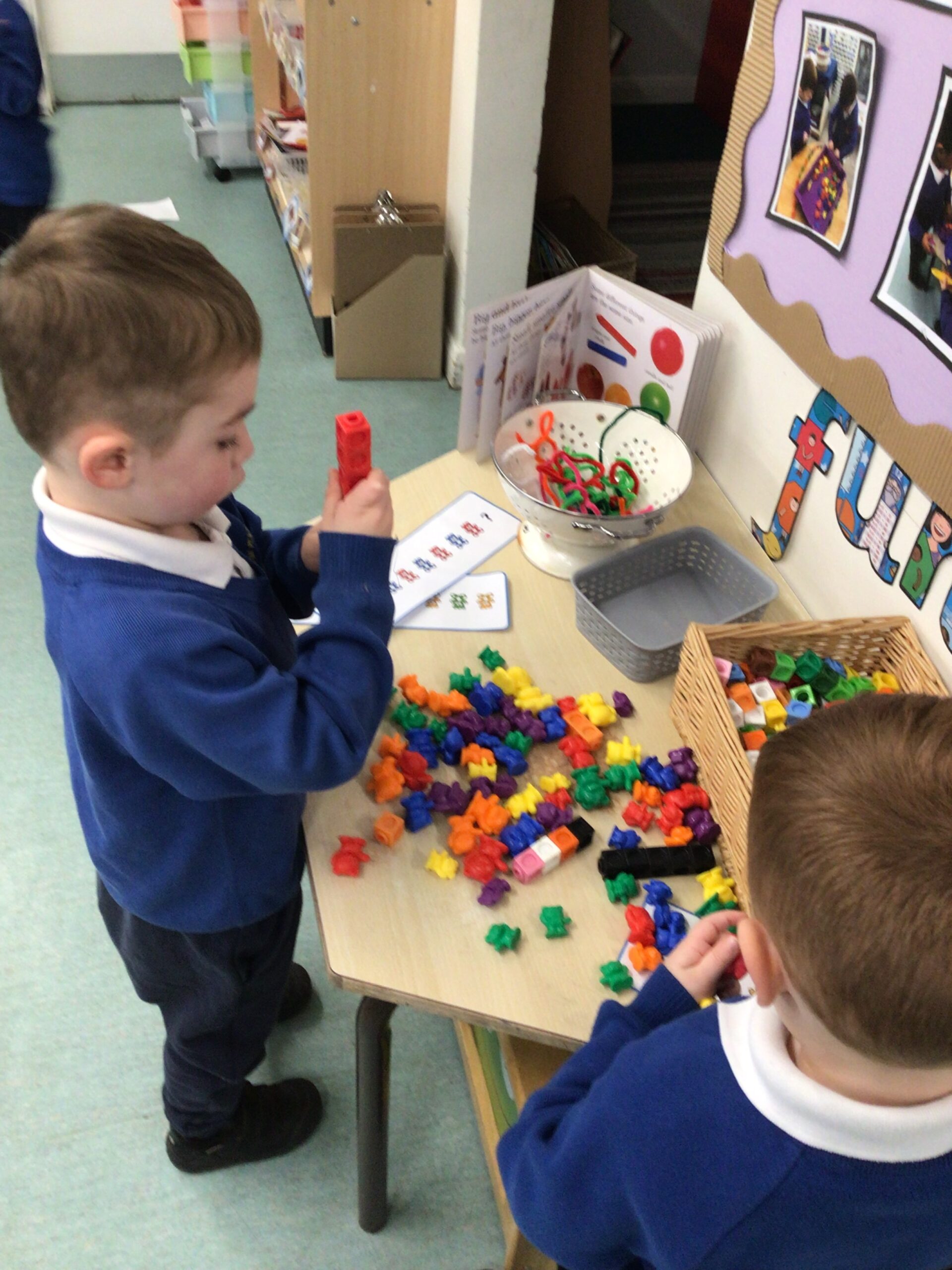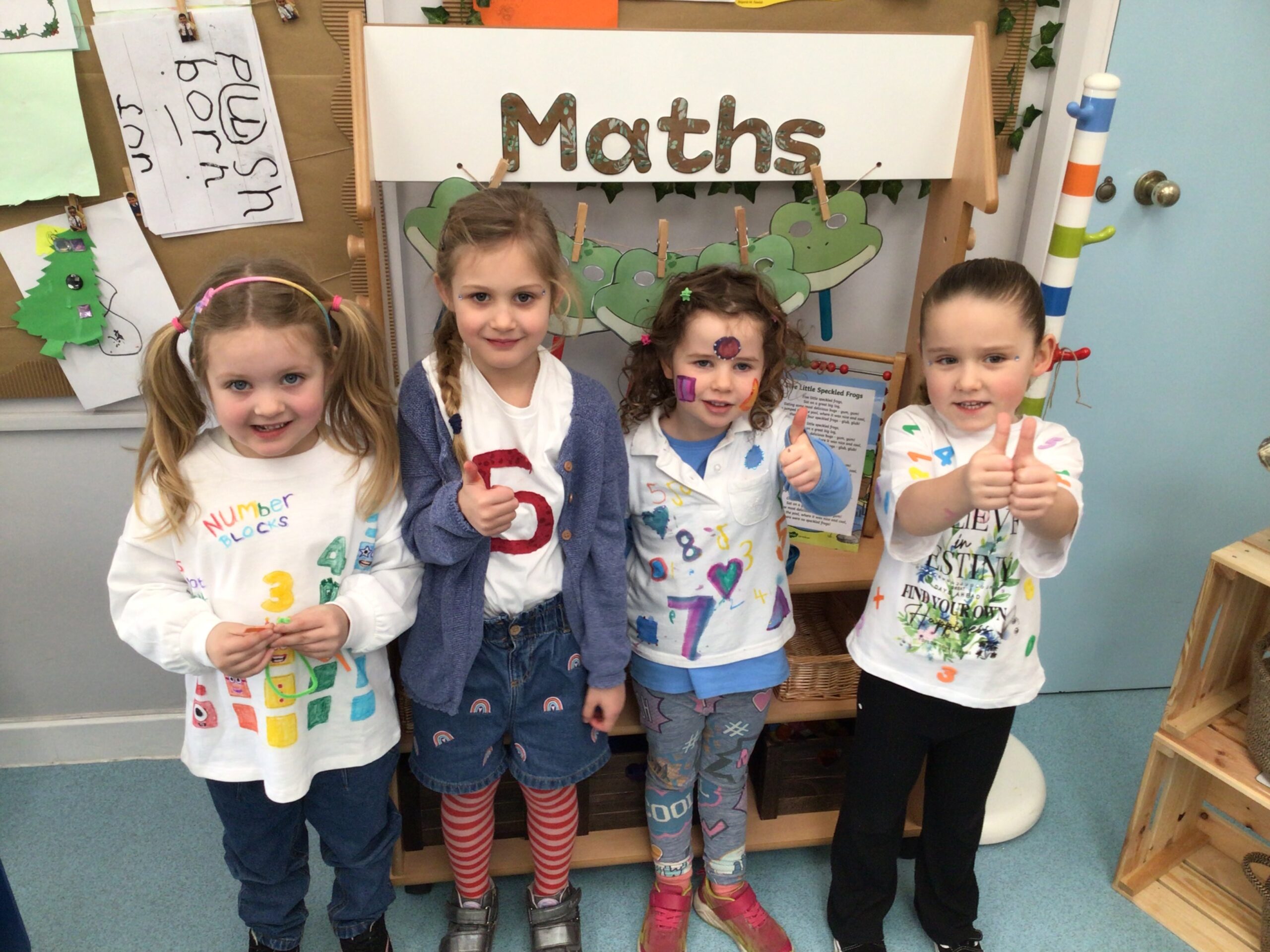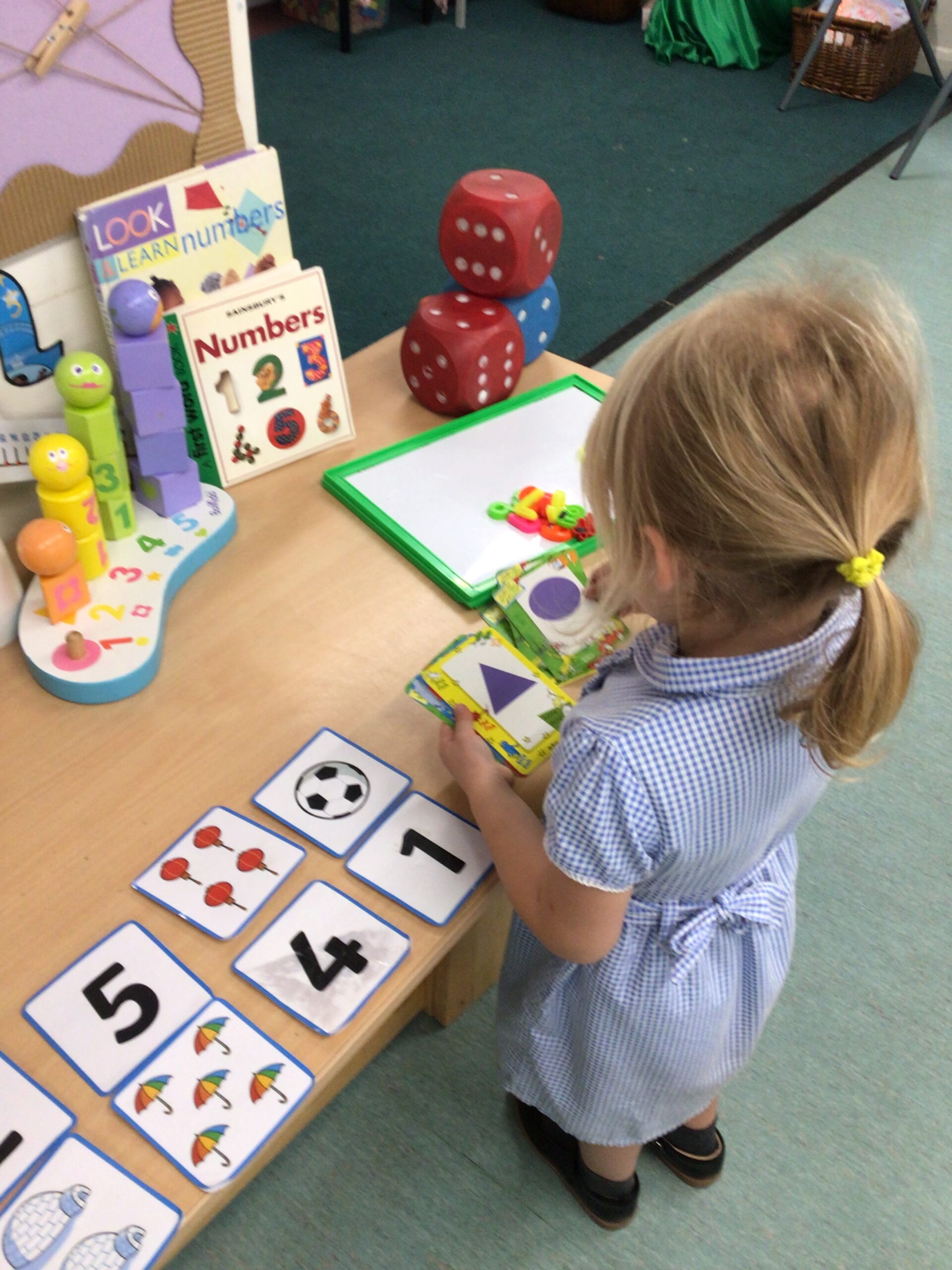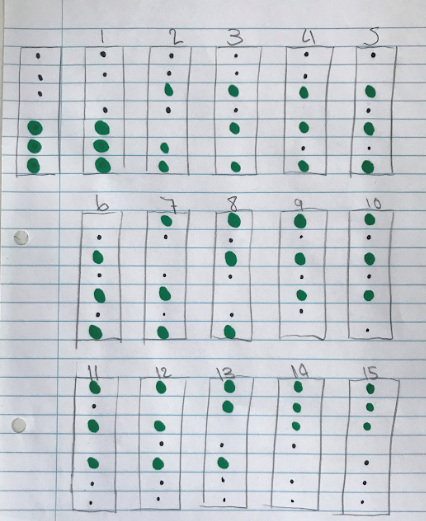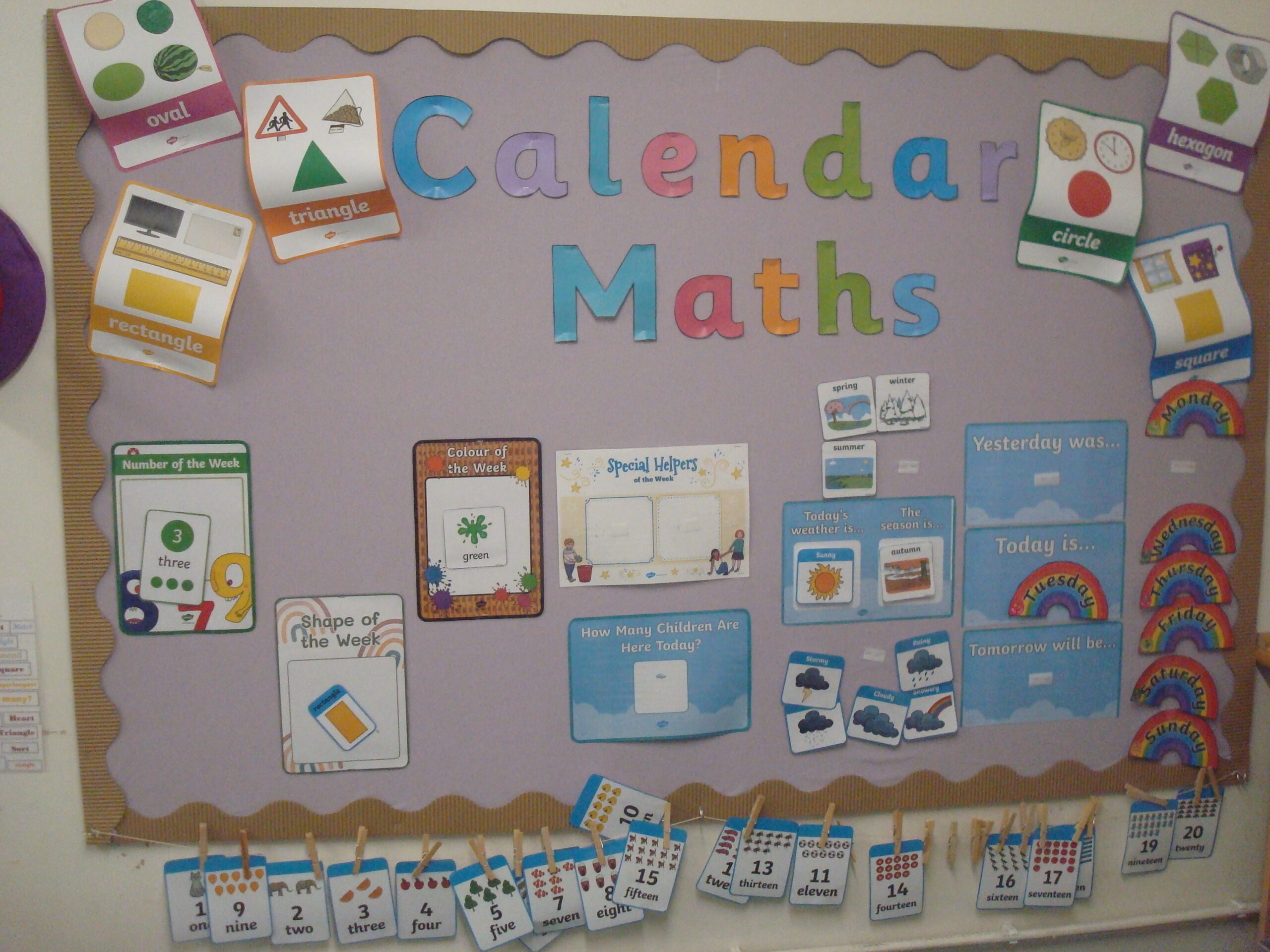Equality
Teaching British Values
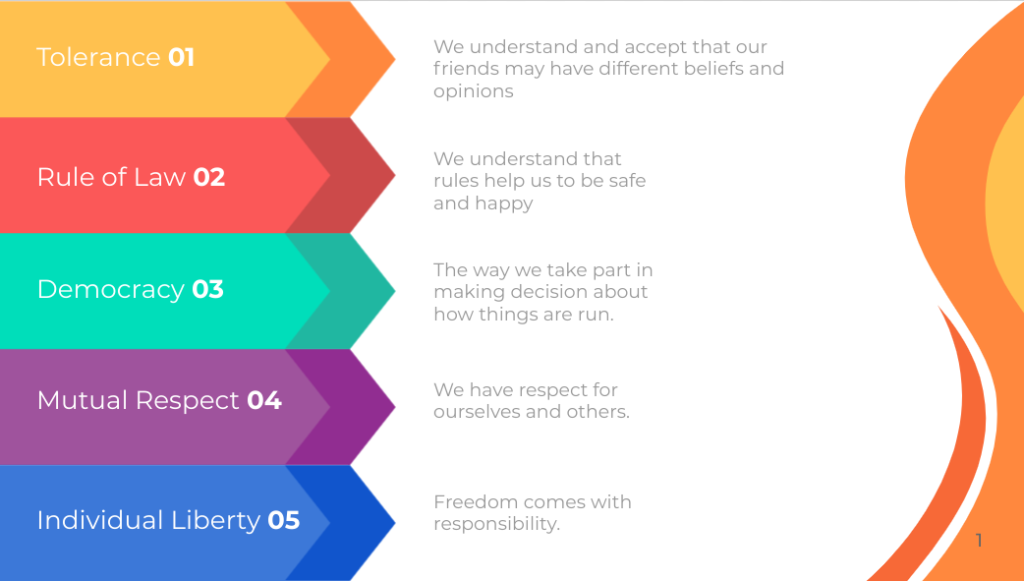
At St Adrian’s we promote the fundamental British values of democracy, the rule of Law, individual liberty, mutual respect and tolerance of those with different faiths and beliefs.
We are committed to serving our community and local area and in so doing, we reinforce these British values regularly in the following ways:
Democracy:
Pupils have their voices heard through our School Council, Pupil Committees and Pupil Voice interviews. The process of pupil voting for the School Council contributes to the elections of School Council representatives.
British Value in action: We help to make decisions that improve our school
The Rule of Law:
The importance of laws and rules are consistently reinforced in the classroom, as well as through school assemblies. Pupils are taught to understand the need for laws, the responsibilities that this involves and the consequences when laws are broken.
British Value in action: We understand that rules help us to be safe and happy
Individual Liberty:
Pupils are encouraged to be independent learners, constantly making choices, within a safe and supportive environment. Pupils are encouraged to understand their personal freedoms and are taught how to use these rights to best effect. All pupils are keen to support charities, whether local, national or global. They are taught consideration for others through our Religious Education curriculum and PSHE lessons.
British Value in action: We understand that freedom comes with responsibility
Mutual Respect:
Our school’s ethos and our behaviour policy are based on Gospel values, with the important commandment being, ‘Love one another as I have loved you’. Assemblies constantly promote respect for others and the importance of good manners. All pupils are taught the importance of self-respect, honest and open communication with others and fair play. Pupils work collaboratively and value others’ opinions.value others’ opinions.
British Value in action: We have respect for ourselves and for others
Tolerance of those of Different Faiths and Beliefs:
As a Catholic worshipping community, pupils are reminded of their place in a culturally diverse society. This is achieved through our Religious Education curriculum and the spiritual life of the school. Assemblies and class work promote the diversity of society and the right for each person to be respected and valued equally regardless of ability, gender, faith, heritage or race. Members of different faiths or religions both within and outside the school community are invited to contribute through sharing their knowledge and to enhance learning within assemblies and in class.
British Value in action: We understand and accept that our friends may have different beliefs and opinions
Maths
Intent
Because maths is something that we will need to use every day, mathematics holds a very important part in our curriculum at St Adrian’s. We aim to ensure that children develop an enjoyment and enthusiasm for maths that will empower them and stay with them throughout their lives.
At St Adrian’s we teach mathematics through a maths mastery approach. Our aim is to develop a positive culture of deep understanding, confidence and competence in maths that produces strong, secure learning. In this way, children become mathematically fluent, have a ‘can do’ attitude and are eager to use their maths skills to explore different strategies and reason and solve problems. These problems are directly linked to the diverse world in which we live, so that children are able to make connections between mathematics and their everyday lives.


Implementation
Maths in the Early Years
The characteristics of effective learning underpin all learning in the Early Years. We make sure that every child, whatever their starting point, has the best start that they possibly can. High quality learning through purposeful play is provided in a stimulating and motivating environment that responds to the interests and needs of the children. Using resources from the Whiterose programme in Reception and Master the Curriculum in Nursery, children learn about number, pattern, shape and measures in all areas of their learning, so that they can make connections.
Play is what children and young people do when they follow their own ideas and interests, in their own way and for their own reasons. We believe that deep understanding is achieved when children are given plenty of time to play and explore and lead their own active learning. If children discover things for themselves, they are much more likely to remember it. With plenty of time provided for substantial conversations, high quality teaching and questioning from Early Years practitioners encourages children to think critically and test their ideas.
Early Years practitioners attend training, specifically linked to maths and spend time each week discussing the needs and interests of pupils in order to take learning forward in the best possible way.
Maths in Key Stage One and Key Stage Two
We use the Whiterose scheme of work which have been written to meet the requirements of the 2014 English national curriculum. The Whiterose scheme of work has been assessed by the DfE’s expert panel, which judged that it met the core criteria for a high-quality curriculum to support teaching for mastery.
Longterm plan: Yearly overviews that show what topics are taught when can be found here:
Across the school, the structure of the mathematics curriculum shows clear progression in line with age related expectations. At all ages, pupils learn to use concrete resources and pictorial representations, which enables them to fully understand mathematical concepts when they are presented in more abstract equations or problems. Maths vocabulary is displayed clearly on working walls and pupils are encouraged to share their ideas and explain their strategies to develop their mathematical thinking further. New curriculum content is taught in blocks, which breaks down the teaching sequence into small achievable steps to deepen understanding. In addition, key mathematical knowledge and skills are revisited daily to embed learning as this maths fluency is vital for pupils to reason and solve problems. In this way, children receive a minimum of five maths learning sessions each week with additional activities devoted to number fluency and times tables.
This approach enables pupils to progress through the curriculum content at broadly the same pace. Marking and feedback, including verbal feedback is used to take children’s learning forward. End of term review sheets are used as a diagnostic tool so that any gaps in understanding are addressed and to ensure that any necessary interventions are targeted specifically to meet the needs of children. Where children require additional support, ‘scaffolds’ are used to support children further to ensure that they have secured the small step. These ‘scaffolds’ may be in the form of returning to concrete resources or pictorial representations or making connections with concepts that children are already secure in. Pupils who grasp concepts quickly deepen their learning through the challenge of rich and sophisticated problems within each topic. In this way, our maths curriculum matches the needs and abilities of each of our children to ensure that all pupils are able to excel.
- For further information on the core concepts underpinning our mathematics curriculum, view these Parent Videos that can be found on the Maths – Whiterose Website.
- If you would like a more detailed guide to skills progression and how the White Rose scheme links to the Maths National Curriculum, download the document below.
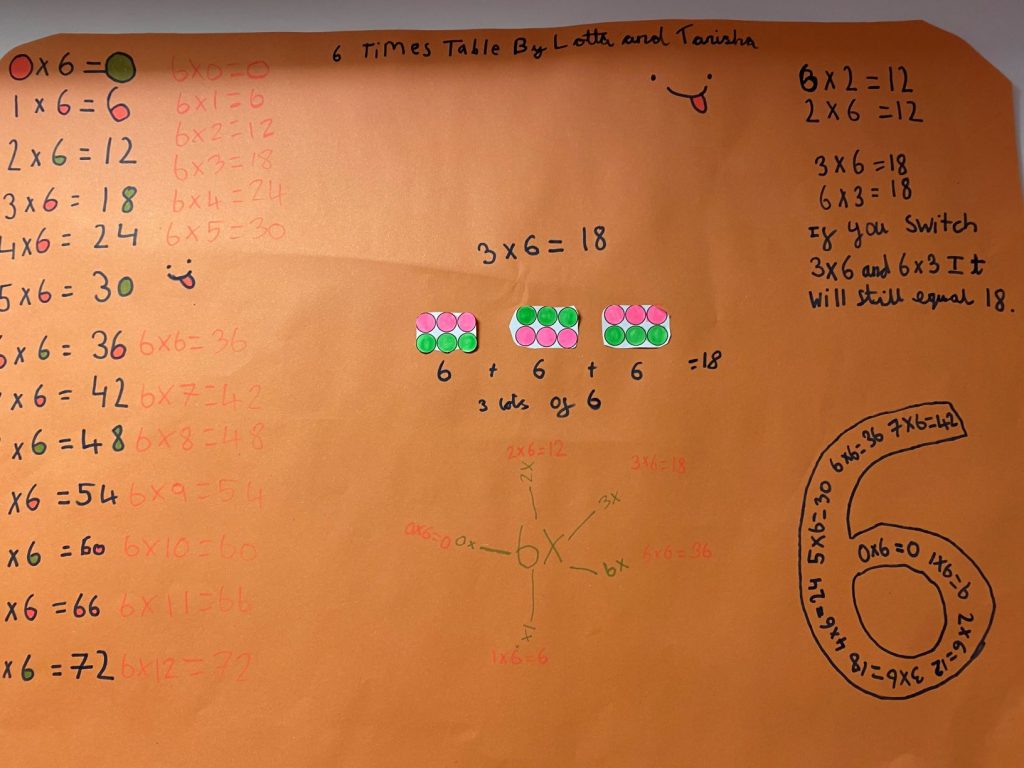
Times tables play an important part in our maths learning, with children developing their fluency in rapid recall of tables up to 12 x 12 by the end of year 4. Pupils deepen their understanding by starting with concrete resources and moving onto pictorial representations before learning each times table as a more abstract equation. While the rapid recall of times tables is developed, children also learn how to apply and manipulate their understanding of these to reason and solve problems.
Impact
By the time that they start secondary school, we aspire that a St Adrian’s mathematician will have a bank of efficient and accurate maths skills that they can use to solve problems and calculate effectively. Through the use of a Concrete Pictorial Abstract approach, they will have a deep understanding of maths concepts and will be able to justify, reason and explain their answers articulately. They will have a range of efficient strategies to draw upon if an initial method does not work or if an answer does not make mathematical sense. Children will also be able to apply these calculation and maths skills across the curriculum and are confident to choose the best maths to complete a task.
Helping your child at home

All KS2 children have a subscription to Times Table Rockstar which has a wealth of games that the children love to play to improve their recall of multiplication facts. ttrockstars
KS1 children all use Numbots as part of their home learning activities to speed up and improve the accuracy of their number calculations. https://numbots.com/


The Oxford University Press have developed this site to support parents in helping their children with mathematics. You’ll find lots of advice and support, games and activity ideas for how best to help your children develop as a mathematician. There’s also information on what is taught in primary school maths lessons, and what some of the ‘jargon’ means! Maths – Oxford Owl
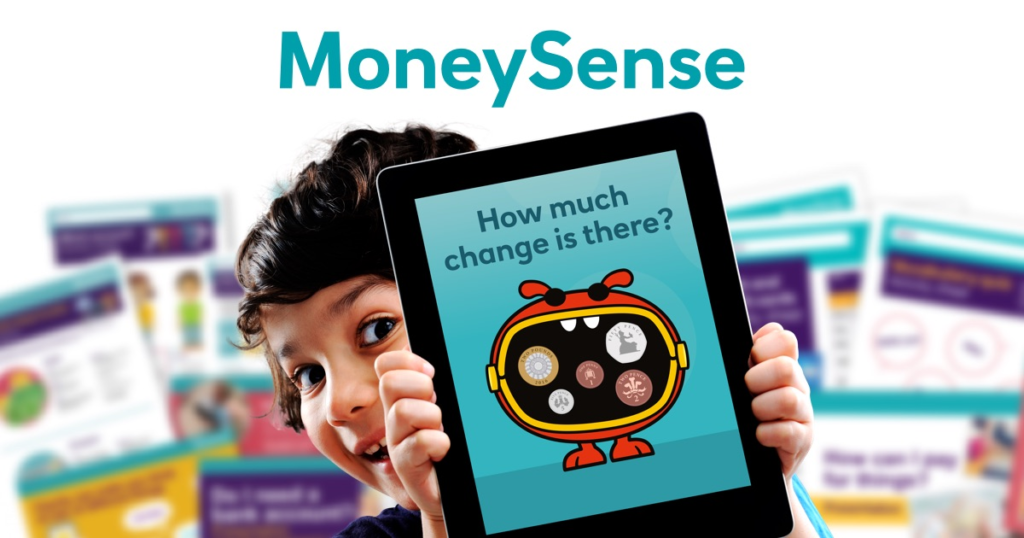
The Natwest have this great site for helping children to develop money sense: Money Learning Resources
Making maths fun
Maths games don’t have to be computer-based; there are lots of ways you can bring maths to life for your child through simple games and activities.
Board games can be great for developing a child’s maths skills, helping them to become comfortable in pattern spotting and playing with numbers. Great games include: Monopoly, Snakes and Ladders, Shut the Box, Darts, Dominoes and Mancala.
Whether out shopping, using the concept of money to develop your child’s arithmetic skills, or helping them to better understand measurement when baking or putting together the new rabbit’s hutch, there’s always an opportunity for a maths moment!
Admissions Consultation
The 2022/23 consultation is now complete.
Music Curriculum Year 6
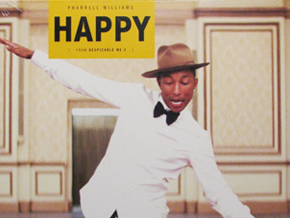
The learning in this unit is focused around one song: Happy, a Pop song by Pharrell Williams. The material presents an integrated approach to music where games, the dimensions of music (pulse, rhythm, pitch etc), singing and playing instruments are all linked.
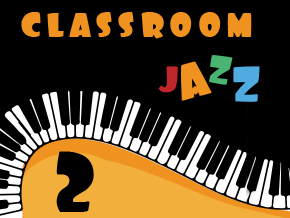
This unit of work builds on previous learning. The learning is focused around two tunes and improvising: Bacharach Anorak and Meet The Blues.
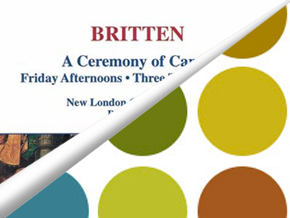
The learning is focused around the song from Benjamin Britten’s Friday Afternoons: A New Year Carol. Other learning within the unit gives pupils the opportunity to research Benjamin Britten’s life and to listen to many of his other works through links to Fridayafternoonsmusic.co.uk .
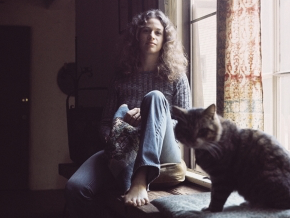
The learning in this unit is focused around one song: You’ve Got A Friend by Carole King. The material presents an integrated approach to music where games, the dimensions of music (pulse, rhythm, pitch etc), singing and playing instruments are all linked.

Pupils will will explore the concept of ‘identity’. Music and Me focuses on inspirational women working in music. Pupils are invited to try out different ways of making their own music, while exploring the work of some of the most influential women in music over the last 100 years. Four British female contemporary artists are featured and interviewed in the unit; all living in the UK, expressing themselves through music and with different cultural backgrounds.
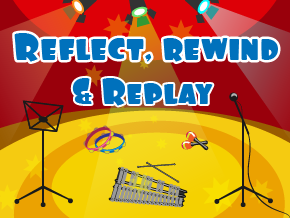
This Unit of Work consolidates the learning that has occurred during the year. All the learning is focused around revisiting songs and musical activities, a context for the History of Music and the beginnings of the Language of Music.
Music Curriculum Year 5
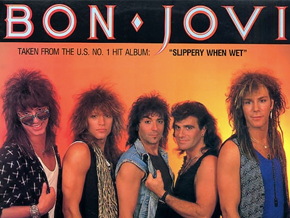
The learning is focused around the song: Livin’ On A Prayer. The material presents an integrated approach to music where games, the dimensions of music (pulse, rhythm, pitch etc), singing and playing instruments are all linked. As well as learning to sing, play, improvise and compose with this song, children will listen and appraise other classic rock songs.
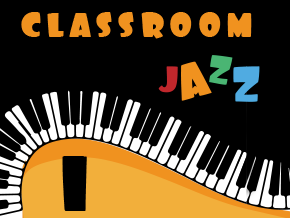
The learning is focused around two tunes and improvising: Three Note Bossa and Five Note Swing. Charanga, the publishers of our scheme, would like to acknowledge the kind support of Storyville Records and Ian Gray in the production of the Musical School Jazz units.
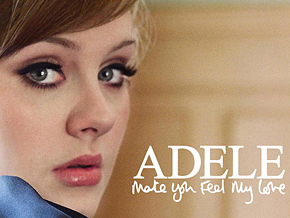
The learning is focused around the song: Make You Feel My Love. The material presents an integrated approach to music where games, elements of music (pulse, rhythm, pitch etc), singing and playing instruments are all linked. As well as learning to sing, play, improvise and compose with this song, children will listen and appraise other Pop Ballads.
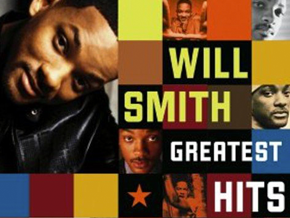
The learning is focused around the song: The Fresh Prince Of Bel-Air. The material presents an integrated approach to music where games, the interrelated dimensions of music (pulse, rhythm, pitch etc.), singing and playing instruments are all linked.
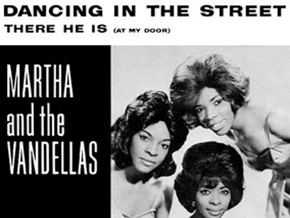
The learning in this unit is focused around one song: Dancing In The Street by Martha And The Vandellas. The material presents an integrated approach to music where games, the dimensions of music (pulse, rhythm, pitch etc), singing and playing instruments are all linked.

This Unit of Work consolidates the learning that has occurred during the year. All the learning is focused around revisiting songs and musical activities, a context for the History of Music and the beginnings of the Language of Music.
Music Curriculum Year 4
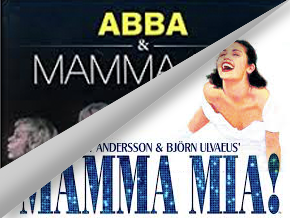
As well as learning to sing, play, improvise and compose with the well known song Mamma Mia, children will listen and appraise more ABBA hits.
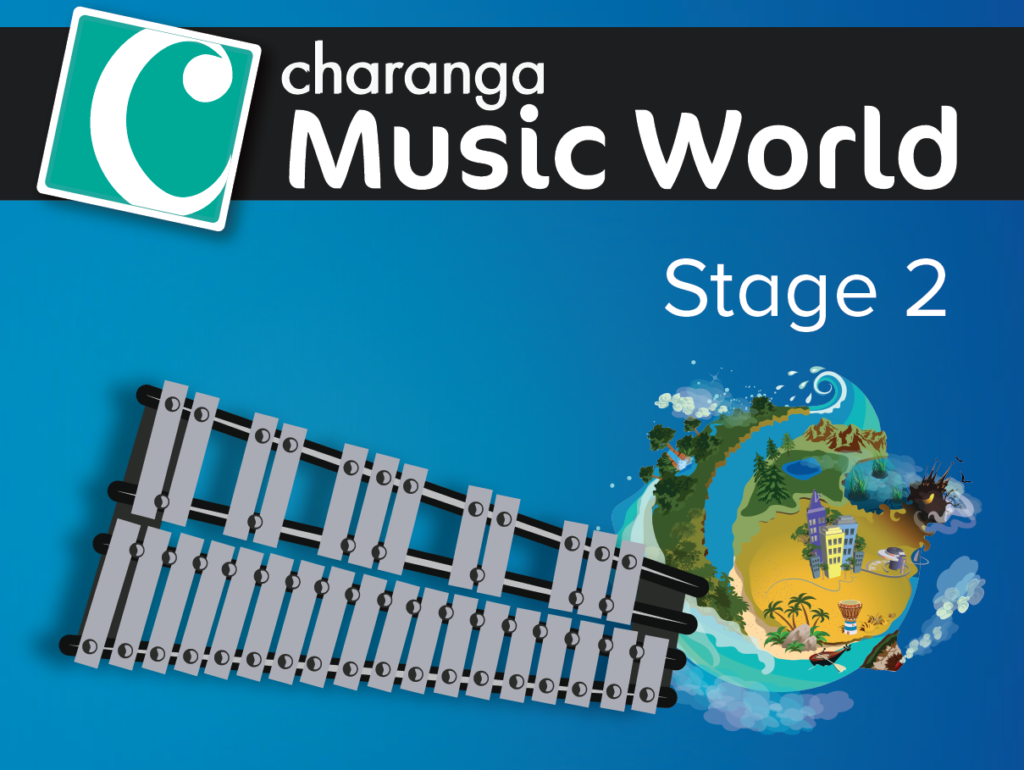
Glockenspiel 2 unit of work builds on the learning from Glockenspiel 1. Pupils can start to use the scores provided in this unit and develop their understanding of the language of music.
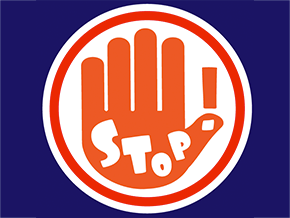
This is unit of work builds on previous learning. All the learning is focused around one song: Stop! – a rap/song about bullying. Pupils will learn about the interrelated dimensions of music through games, singing and composing.
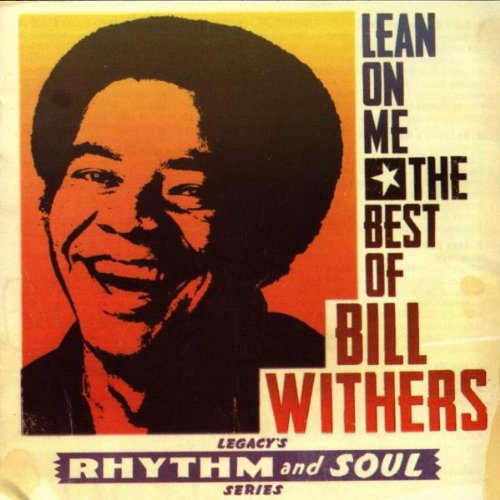
The learning is focused around the song: Lean On Me. Throughout the unit pupils will be encouraged to be active musicians.
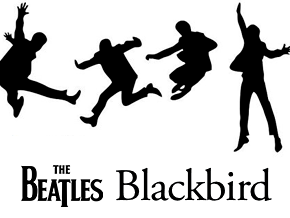
The learning in this unit is focused around the song: Blackbird by The Beatles – a song about civil rights. The unit presents an approach to music where games, the dimensions of music (pulse, rhythm, pitch etc), singing and playing instruments are all linked.

This Unit of Work consolidates the learning that has occurred during the year. All the learning is focused around revisiting songs and musical activities, a context for the History of Music and the beginnings of the Language of Music.
Music Curriculum Year 3

The learning is focused around one song: Let Your Spirit Fly an R&B song for children. The material presents an integrated approach to music where games, the dimensions of music (pulse, rhythm, pitch etc), singing and playing instruments are all linked.
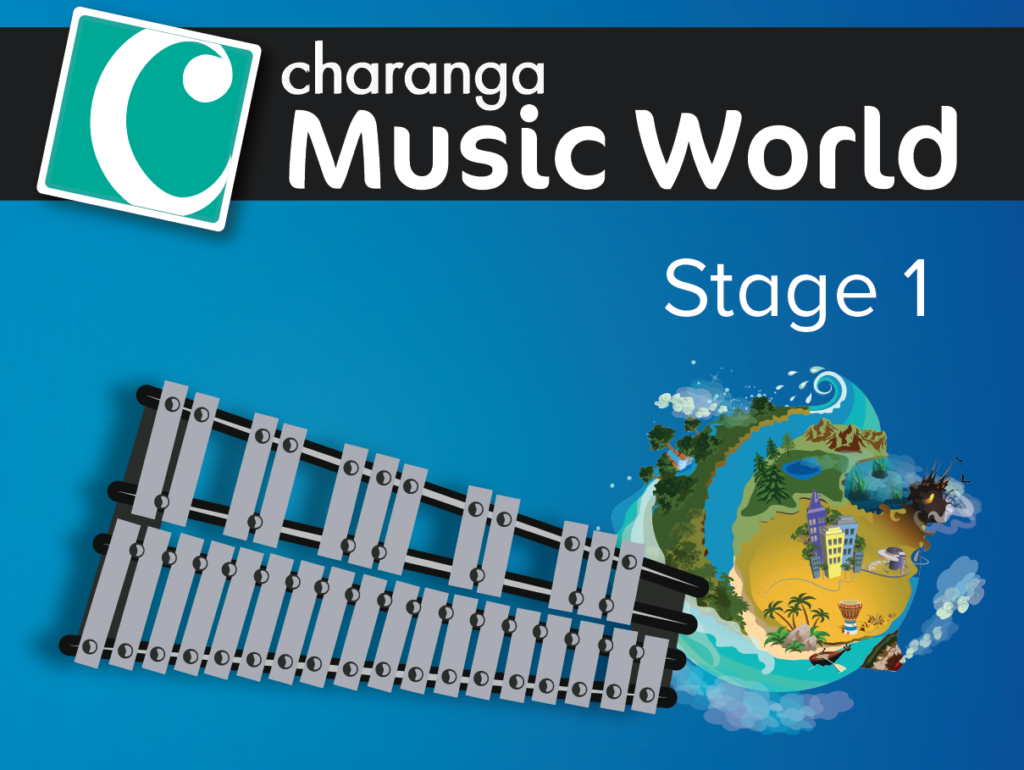
This unit of work that introduces the children to the language of music. The learning is focused around exploring and developing playing skills through the glockenspiel or if pupils have previous knowledge, the recorder.
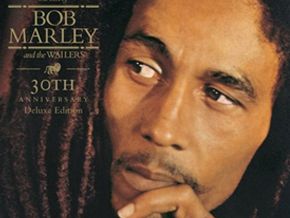
The learning is focused around one song: Three Little Birds. The material presents an integrated approach to music where games, elements of music (pulse, rhythm, pitch etc.), singing and playing instruments are all linked. As well as learning to sing, play, improvise and compose with this song, children will listen and appraise other Reggae songs.

This is a song about kindness, respect, friendship, acceptance and happiness. The unit provides opportunities for pupils to, listen & appraise, improvise, compose and perform.
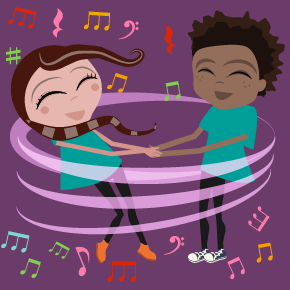
This is a Disco song about friendship, peace, hope and unity. The unit provides opportunities for pupils to, listen & appraise, improvise, compose and perform.

This Unit of Work consolidates the learning that has occurred during the year. All the learning is focused around revisiting songs and musical activities, a context for the History of Music and the beginnings of the Language of Music.
Music Curriculum Year 2
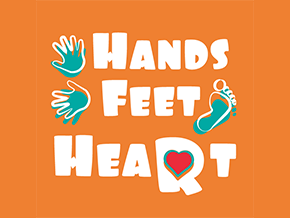
The learning is focused around one song: Hands, Feet, Heart; a song written for children to celebrate and learn about South African music. . The material presents an integrated approach to music where games, the dimensions of music (pulse, rhythm, pitch etc), singing and playing instruments are all linked. As well as learning to sing, play, improvise and compose with this song, children will listen and appraise different styles of South African music.

The learning is focused around one song: Ho Ho Ho – a Christmas song. Pupils will listen to & appraise other styles of music and continue to embed the interrelated dimensions of music through games, singing and playing.
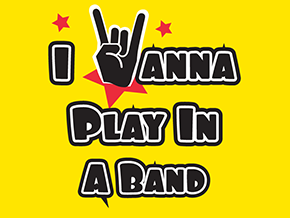
I Wanna Play In A Band is a Rock song written especially for children. In this song pupils learn about singing and playing together in an ensemble.As well as learning to sing, play, improvise and compose with this song, children listen and appraise classic Rock songs.
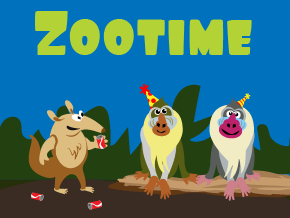
The learning is focused around one song: Zootime. The material presents an integrated approach to music where games, the interrelated dimensions of music (pulse, rhythm, pitch etc), singing and playing instruments are all linked.

This unit is based on a song about being friends. The pupils will have opportunities to listen & appraise; play warm-up Games, improvise and compose tool.

This Unit of Work consolidates the learning that has occurred during the year. All the learning is focused around revisiting songs and musical activities, a context for the History of Music and the beginnings of the Language of Music.
